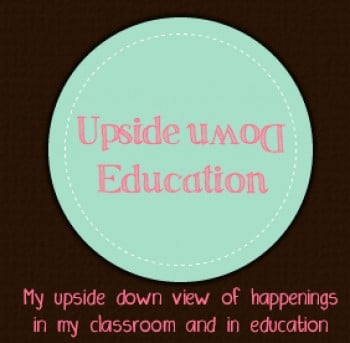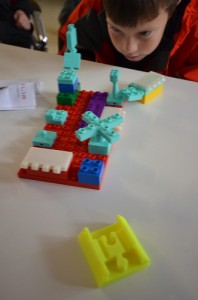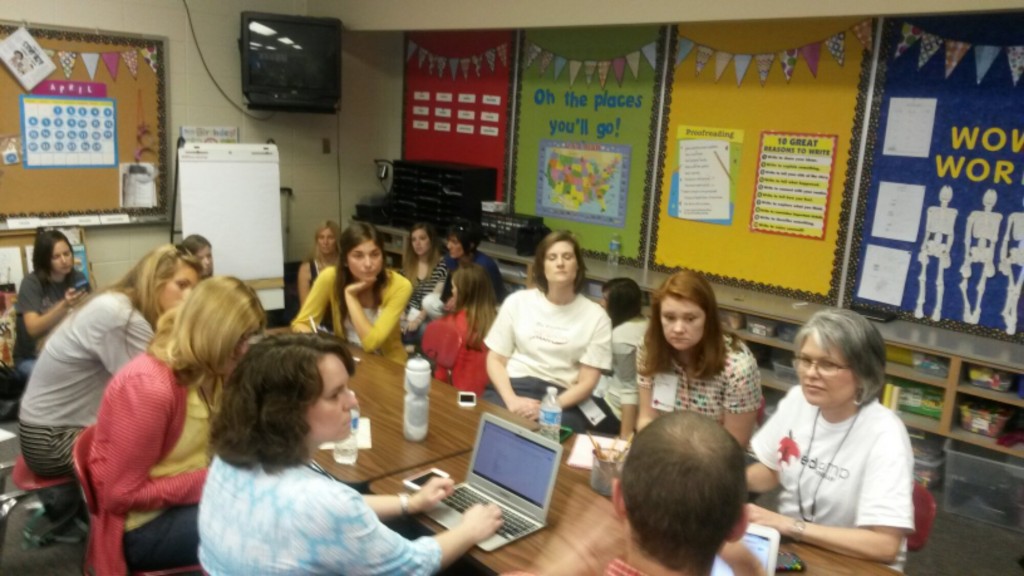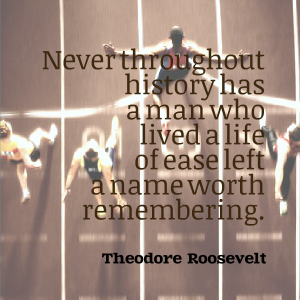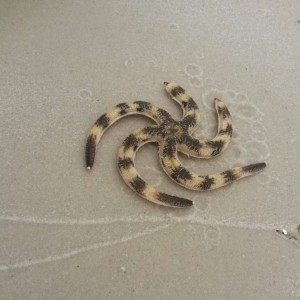So my job is changing again this year. And again this year it wasn’t by my choice. That makes it difficult. Having to plan something that you didn’t get a choice on can really mess with your creativity. We know this, as teachers, we see it every day in our classroom. Luckily, my change is to a subject I do feel very passionate about. So I have that going for me.
Next year I’ll be teaching middle school STEM. If you are someone who flows me on twitter or read my blog on occasion you probably know this is a huge passion of mine. STEM, MakerSpaces are something I see as game changing in education. But every time I sit down to write my curriculum (yes I have no curriculum -nor money- for my new class) I start feeling kind of hypocritical. And there is something that really starts to bother me.
All summer I have presented, written, or had conference calls about how to use STEM across the curriculum. The focus on how to not make it separate, but how to blend it with what you are already doing. So when I start writing my curriculum as a separate “subject” I start getting frustrated about how hypocritical I am being. I’m separating the STEM thinking from math and science classes.
The more I reflect on this, the more I wonder if STEM classes and MakerSpaces are our way in education of taking something great and “doing it wrong.” I’ve been thinking a lot about MakerSpaces and wondering if making them something different than part of the typical classroom is negating the whole purpose. When I speak of STEM and MakerSpaces I tell teachers these are so important because students can see “why” they need the problem solving skills, how science affects us everyday, and it answers the questions of “when am I really going to use that?” that are often used in math class. You see, using STEM as part of those, as well as other subjects, shows the students the “why” and “how” behind using these skills as well as increasing understanding. If we have a STEM or MakerSpace class, we are still keeping them separate. We aren’t allowing them to take the skills of the subjects we are teaching and adding that real world experience to it. It is just “play” or “create” time. While, yes, they are using those science, math, engineering, tech, and design skills it is not organically becoming part of the learning that is already taking place.
I know I can’t fix this for me. I was asked to teach the class. I am looking forward to it, I’ve decided there will be a lot of play and have a pretty exciting project coming (more as the year progresses, so stay tuned) Yes, I will be emphasizing the science and math curriculum as we build and create this year. But to the rest of you, especially classroom teachers, librarians, and tech coaches, if you have these MakerSpaces in your library or school figure out a way to make it part of all classes. Use these spaces and materials as part of your lessons. We have to stop separating STEM if we really want to make an impact on student learning. So don’t assume others will teach STEM for you, it will not make the difference that we need in our society that way. My former principal used to say “every teacher is a reading teacher,” for our students to make a real impact on our world, every teacher needs to be a STE(A)M teacher as well.
Lastly, I have been sitting on this post for about a week now and the lovely Rafranz Davis wrote this blog post today “The Undefined MakerSpace” about a part that I couldn’t figure how to add to this. I wanted to add how not only are we keeping STEM/MakerSpaces separate but we are limiting them to specific “making.” So I took out the parts I wrote about that, now the post flows much smoother, and she does a perfect job saying exactly what I was thinking, so no need for me to repeat it, now go read her post!! Definitely worth your time.
photo credit: Chris Devers via photopin cc
